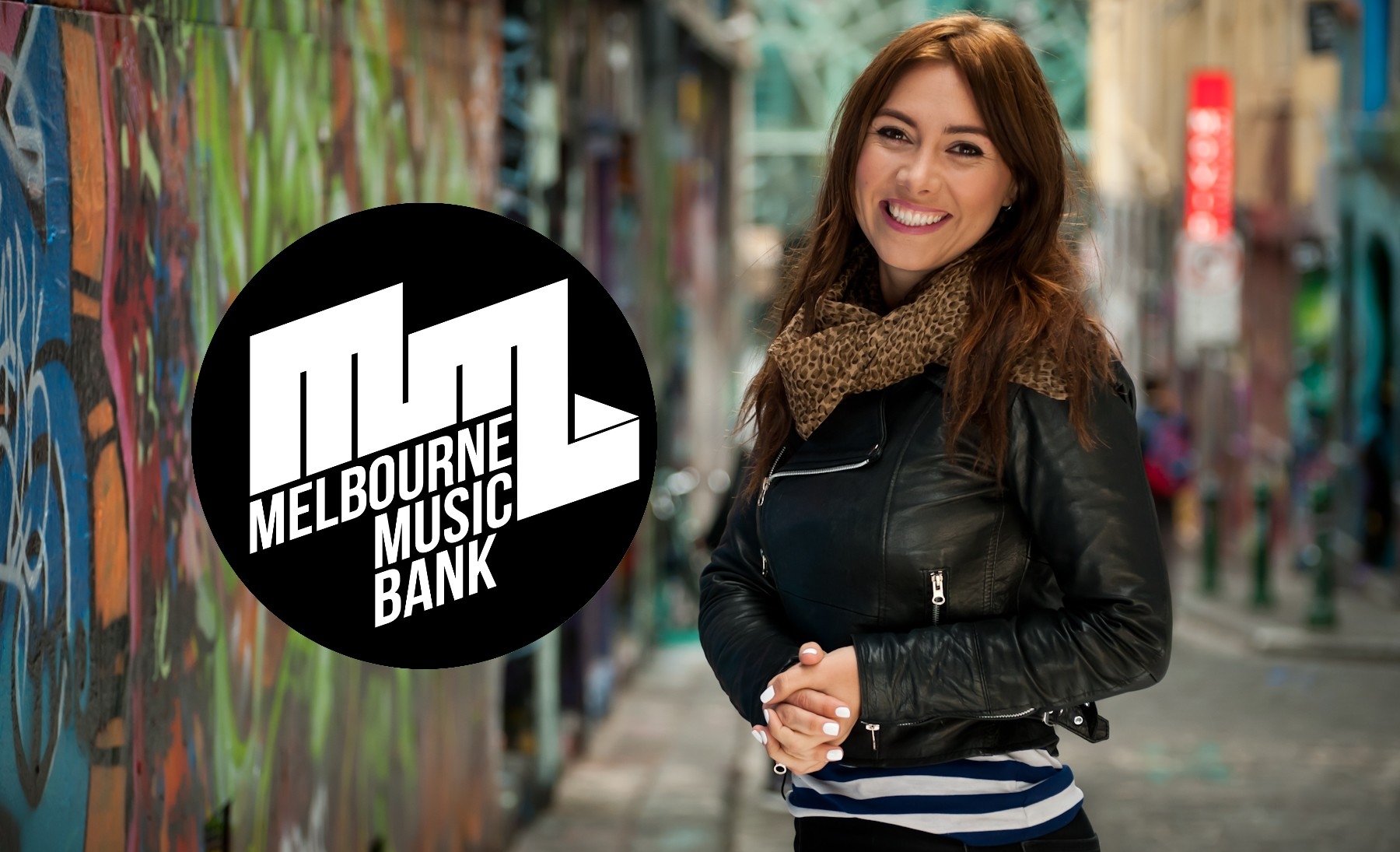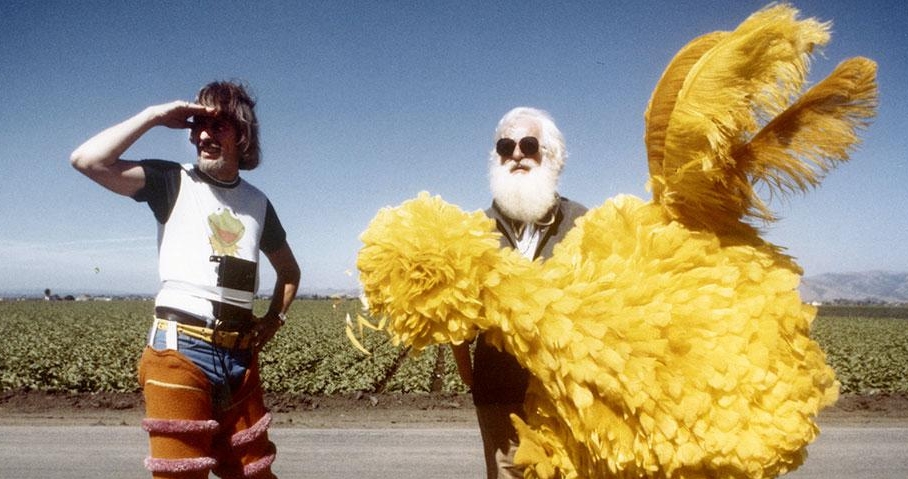By her early teenage years Hooper had transcended the lounge room stage and set up at the Violet Town fete with her brother Jesse. “We were playing strange acoustic folk mixed with Nirvana and Smashing Pumpkins,” Hooper says. It was while playing at the Violet Town fete that the Hooper siblings experienced the first “lucky break” that Ella Hooper says is often so critical to a musician’s popular and commercial prospects. “Jamie Durant had a studio down the road in Benalla, and he saw us play and invited us to come and spend a couple of days in his studio and record some songs,” Hooper says.
One of those songs, Kettle, was subsequently entered in the Triple J Unearthed competition. Its success provided the initial impetus for Killing Heidi’s successful career. “We thought it’d be really hard to develop wider popularity,” Hooper says. “But we got a lucky break, and so often you hear musicians tell stories about how they received a lucky break that helped them along.”
So when Hooper was alerted by her publicist to the Melbourne Music Bank competition established by the Bank of Melbourne, Hooper was excited. Under the competition, Victorian-based musicians and songwriters are invited to submit a song inspired by Melbourne. Prizes include two days recording time at Sing Sing Studios, a video clip by filmmaker Wilk, PR advice, album artwork, 500 copies of the recorded CD and the opportunity to have the successful song featured in a Bank of Melbourne advertisement.
“The competition sounded really positive,” Hooper says. “And I really liked the community aspect, the fact that the song has to be about Melbourne.” A shortlist of entrants will be developed via a public vote; the winner will be chosen by a panel of music experts following a public performance at the Melbourne Recital Centre.
In one sense the establishment of a songwriting competition goes against the trend of artist self-publication. Gone are the days where a musician’s only opportunity to transcend a local audience was a fat cheque from a record company and a massive PR splash; now anyone with a computer, some half-decent recording software and an Internet connection is, in theory at least, accessible to a global audience.
Hooper isn’t sure whether the rise of digital publishing has made it easier or harder to become noticed by a wider audience. “It’s hard to say,” she says. “Because so many more people are able to get their music out, it can be harder to stand out. But you still like to think that quality is striking, and that we can still separate the wheat from the chaff.” And winning a competition, or even striking a record deal, isn’t necessarily a substitute for hard work and a regular live presence. “You’ve still got to get out there, get onto social media, do all that stuff – it’s all really important,” Hooper says.
The competition rules for the Melbourne Music Bank do not differentiate between emerging and established artists – if you’re from Victoria, you’re in. “It’s really even-handed,” Hooper says. “It doesn’t matter at all if the artist is established or not – it’s purely about the song.” While any public voting competition runs of the risk of gaming by familial aligned or obsessed fans, Hooper says she expects the system design to mitigate against such corruption. “I don’t know the details, but I’m sure the system is being designed to make sure it’s not whitewashed by someone’s mum voting lots of times,” Hooper laughs.
The prizes on offer include the opportunity to have a song featured in a Bank of Melbourne advertising campaign. It wasn’t that long ago that many musicians saw the licensing of songs in advertising campaigns as anathema to artistic integrity (and, in the case of Dead Kennedys and The Doors, the source of ongoing litigation and intra-band animosity). Hooper – who recalls once declining the offer to licence a Killing Heidi song in The OC – says historical attitudes may be changing. “I think musicians are less and less precious about allowing their music to be used in ads these days,” she says. “There are musos who even a few years ago who’d have opposed that, who’ve now changed their mind because the opportunities for making money out of music have dried up. People are much more open to it.”
As for Melbourne-centric songs, Hooper nominates Paul Kelly as “owning the genre”, though she has particular affection for The Warner Brothers’ Brunswick Street (“that’s such a killer song”). While other musicians have celebrated the Flinders Street train station (including the Painters and Dockers superbly comical The Boy Who Lost His Jocks On Flinders Street Station) Hooper says she’s hoping for entries that celebrate “something unusual” in Melbourne. “Charles Jenkins has a song about the Melbourne Eye,” Hooper says. “Who’d ever have thought you could write a song about the Melbourne Eye!”

